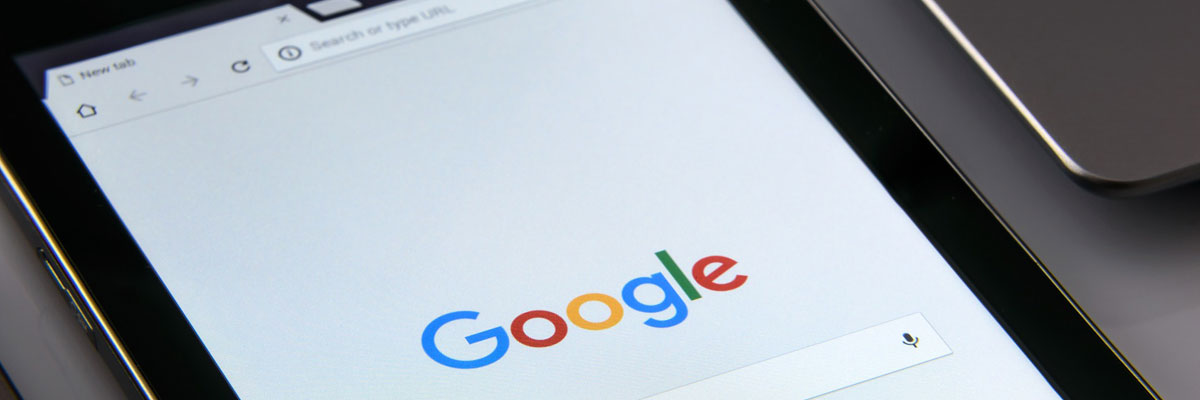It’s been about a year and a half since Google originally announced plans to change the way it ranks mobile and desktop pages. This year, Google announced ‘Mobile First Indexing’, which is a term you might have heard being used quite a lot in the search industry since then. But what does it actually mean? And how might it affect a website’s rankings in Google search?
What is Mobile First Indexing?
Before now, Google’s crawling, indexing, and ranking systems have typically used the desktop version of a page’s content. But this can cause issues for mobile searchers if the desktop version is different from the mobile version. And nowadays mobile search volume is greater than desktop search volume, so mobile first indexing has been introduced to tackle this.
Mobile-first indexing means that the mobile version of your website becomes the starting point for what Google includes in their index and the baseline for how they determine rankings. This will better help mobile users find what they are looking for.
How Might Mobile First Indexing Affect Your Website in Search?
There are many ways that website content is currently served on the internet. So you might be wondering if or how Mobile First Indexing could affect your site in the search results.
Desktop Only Websites
If your website doesn’t have a mobile-friendly version available to crawl, there will be no change in Google search as the mobile version of your site is the same as the desktop version.
Responsive Websites
Again, no change. The mobile version of your website is the same as the desktop version, your site simply adjusts its content for the screen size.
Mobile Websites
Typically known as an ‘mdot’ website, if your website has different URL’s to serve mobile optimised content, then Google will prefer the mobile URL for indexing.
AMP and non-AMP Websites
If your website serves both AMP and non-AMP versions of a page, Google prefers the mobile version of the non-AMP URL for indexing.
Canonical AMP Websites
If all your website is created in AMP HTML, then there will be no change in Google search as the mobile version of your site is the same as the desktop version.
Dynamic Websites
If your website serves dynamic content, Google prefers the mobile optimised content for indexing.
How To Tell if Your Website is Affected by Mobile First Indexing
Google continues to have one single index that is used for serving its search results. The mobile-first index is not a separate entity from Google’s main index. Historically, the desktop version of websites was what was crawled first and indexed, however, Google will now increasingly be using the mobile versions of content.
If your website is affected by the mobile first index rollout, you will see a notification in Google Search Console to make you aware. Google will then crawl your mobile website first for indexing, displaying information from the mobile version of your website in the search results. Website owners will see significantly increased crawl rate from the Smartphone Googlebot. Your desktop website still exists and will still be crawled by Google. If someone arrives at your website via a desktop computer, they will still be served the desktop version.
Don’t be concerned if you haven’t received a notification yet, it’s a gradual process that is more about how Google gathers content rather than how it is ranked. Websites that have so far been included in mobile first indexing have no ranking advantage over websites that have not yet been included. However, implementing mobile-friendly content is still a must for those looking at ways to perform better in mobile search results.
Resource: https://developers.google.com/search/mobile-sites/mobile-first-indexing
Silkstream are one of the leading SEO companies in Essex. Our in-house team are experienced, honest and jargon-free. Our goal is simple; to get more customers to your website and increase your sales and leads.


